About a year after Sade’s debut record Diamond Life was released on July 16th, 1984, the group’s lead singer Helen Folasade Adu (aka Sade Adu), sat for an interview with Rolling Stone magazine to talk about the success Sade (the group, and its lead singer-songwriter) experienced shortly after the album’s release. Adu noted that while the band’s music has jazz elements, they were not a jazz band: “I’m frightened of anyone for one minute thinking that we’re trying to be a jazz band,” she says, “because if we were, we could do it a lot better than we’re doing now.” As a jazz album, yes, Diamond Life is far too pop and conventional in song structure. There’s no sense of improvisation, no soloing by the band members, and no sense their music is rooted in the blues. That’s not a knock, but more like an acknowledgment that Sade’s music owes more to pop and soul than the jazz label the band was stuck with since Diamond Life was released. What Diamond Life lacked in jazz, it made up for in innovation. The album was a refreshing and unique counterpoint to what was popular in the mid-1980s in the UK and the US.
Indeed, if one were to chart musical points and counterpoints in the ‘80s, one would see how post-punk gave way to a smoother version of punk’s aggressiveness in New Wave. Or how New Wave would play second fiddle to pop superstars like Prince, Madonna, and Bruce Springsteen. Even as those artists (and many in their shadow) were experiencing career highs, and for some like Springsteen, a second life, Hip-Hop, and alternative rock were simmering in the underground and would flourish as the ‘90s started.
Most of these musical trends had stars who were big, bold, and full of bombast. And yet, the understated neo-soul of Sade ushed in a real quiet storm with music that sounded more timeless than trendy. Much of that is due to Sade’s use of real instruments like saxophone, bass guitar, trumpets, drums, percussion, and tasteful use of keyboard when more mechanical synthesized sounds pervaded the ‘80s era. Those ingredients lent an air of sophistication to the band’s sound and lyrics that evoked cultural exoticism – well, an exoticism to working-class Brits – about going “coast to coast/LA to Chicago” with a smooth operator. And this makes sense in a way because many (if not most) of Sade’s cohort in working-class London saw the United States as a place where upward mobility was a cultural and economic hallmark.
Indeed, for any struggling musician, standing out in a crowded field means finding a strategy that defines you against other artists. Perhaps that’s why the sophisti-pop of Adu’s vocals, Stuart Mathewman’s signature saxophone, Andrew Hale’s keyboard sound, and Paul Denman’s drumming worked so well. They didn’t stray outside of their lane and as a result, the band’s songs maintained a consistency that music fans found hypnotic and alluring. Sure, other artists and bands blended similar musical elements that Sade did, but none had the staying power. For all the major and minor success of Basia, Swing Out Sister, Double, Everything But The Girl, Simply Red, The Blue Nile, and Spandau Ballet, Sade endured in part because their sound didn’t evolve all the much and, after their follow-up in 1985 (Promise), the time between album cycles grew – which made their record releases more of a welcome surprise than a ho-hum affair. I suppose sometimes distance does make the heart grow fonder.
What to make of Diamond Life 40 years later? Well, let’s take it track by track, shall we?
“Smooth Operator” – Oddly enough, this powerhouse single wasn’t the first one off the record. “Hang On To Your Love” was released in North America in September 1984, and peaked at number 14 on the Billboard R&B chart, and stalled at 102 on the Hot 100 in the US. What stands out about “Smooth Operator” are two things: Matthewman’s sax work, and Sade’s sultry vocals. Though there’s sexual tension that comes across in the interplay of the music and vocals, the lyrics tell a different story of a cold-as-ice heartbreaker who plays with the affections of others to extract maximum joy with minimum waste. Not the kind of guy one builds a stable life with. “Heaven help him when he falls,” Adu says at the beginning of the song, and we’ll see what happens to Mr. Smooth later in the album when playing with another heart comes back to bite him.
“Your Love Is King” – This version is the demo. It was so good that Diamond Life producer Robin Millar supposedly said the recording was perfect as is, with no added sugars needed. For those in the UK, this was the first single off the record (the fourth in the US). Lyrically, it’s a simple love song, but musically it has such an easy and pleasant feel that one can see how it stood out among the likes of Frankie Goes To Hollywood, Thompson Twins, Billy Joel, and Madonna – who topped the UK charts in 1984.
“Hang On To Your Love” – Although the format hadn’t started yet in the US, New Age Contemporary would feature plenty of Sade’s music around 1986-87. But in 1984 Sade was a novelty and a puzzle who had trouble breaking into radio in the US. “Hang On To Your Love” is an effective mid-tempo song that has a catchy chorus, but little variation. Perhaps that’s why didn’t do as well in the US as it did in the UK in terms of radio play. But on the dance charts, the song did quite well (number 5 on the Dance Club Songs and Dance Club Singles charts). It seems odd to think a mellow number like this would hit with dance audiences, but it wasn’t all thumping beats back then.
“Frankie’s First Affair” – Well, well, well, Mr. Smooth gets his comeuppance in “Frankie’s First Affair.” After setting up what heartbreaker Frankie is in the verses, Sade tells him the hard truth: Frankie, Frankie’s first affair/It’s your turn to cry, heartbreaker. Karma, man. Karma. If you leave a trail of destruction, you’re gonna find that the chickens are going to come home to roost – and it ain’t gonna be pleasant.
“When Am I Going To Make A Living” – Rumor has it that Adu scribbled the title and some lyrics of this song on the back of a dry cleaning ticket after coming to terms with the fact that she was broke. As noted earlier, Diamond Life has a real striver vibe in the sophistication of the music, but there’s the repeated refrain in the chorus of the song “Hungry but we won’t give in” that underscores her desire to make it in the music business (There’s no end to what you can do/If you give yourself a chance to prove).
“Cherry Pie” – Starting with a funky bass riff, the song’s layers build up into a wonderfully powerful mid-tempo soul groove. While the lyrics aren’t all that deep, what Adu does with them vocally conveys the heartache without crossing over into bathetic territory. And if you think Sade is a studio construct, have a look at this performance from 2015 of “Cherry Pie” and you’ll see why Sade’s quiet storm vibe is so enduring over three decades later.
“Sally” – Because the song is called “Sally,” one would presume that it’s about a woman who works as a prostitute with a heart of gold. But you would be wrong. Though the lyrics detail stories of tragedy in the verses (a favorite lyric of mine is when one that focuses on Dave, who runs around town in his Zoot suit and shiny shoes with his “mentholated laughter”), Sally is actually the Salvation Army who cares for these men. Co-writer of the song Stuart Matthewman notes the reference to the Salvation Army in a 2014 interview with Chris Williams at the Red Bull Music Academy. Now, when reading (or singing along) to the songs, these lyrics take on a different meaning: So put your hands together for Sally/She saved all those young men/Put your hands together for Sally/She’s the one who cared for them/She’s doing our dirty work/She’s the only one who can/Doing our dirty work, thirsty world/One angry day in New York.
“I Will Be Your Friend” – When a band is starting, it can be difficult not to fall into the trap of repeating yourself. “I Will Be Your Friend” is a good example of sounding a little too much like “Smooth Operator.” It’s a shame because the band was creating distinct-sounding songs on this record that retained a “Sade sound” but in a way that found pleasing variations on track after track. So, if there’s a swing and a miss on this record, it’s “I Will Be Your Friend.”
“Why Can’t We Live Together” – Adu is known as a recluse who resurfaces now and then with new music with her band. She’s not consistently in the public eye and part of her reticence to be a more public figure starts with this cover of a Timmy Thomas song from 1972. According to a 2022 article on the making of Diamond Life posted on Classic Pop Mag, “[Sade]…said that the first moment she realised she was famous was when a hotel doorman affronted her, accusing her of “destroying the song.” Shaken, she became wary of fame from that point, maintaining a low profile whenever in public.” Hard to believe that a doorman could have that much power, but if accurate, it goes a long way to explain her aversion to the media and the public.
However, some of that privacy shield Adu has built around herself might be cracking – at least a little bit. On November 22, 2024, Adu’s first new song since 2018 will be featured on the Transa compilation. The song, “Young Lion” was written by her to honor her son Izaak’s hardships from puberty through his transition into a man. Izaak is now married and living in Fresno, California (of all places) with his wife, Emily.


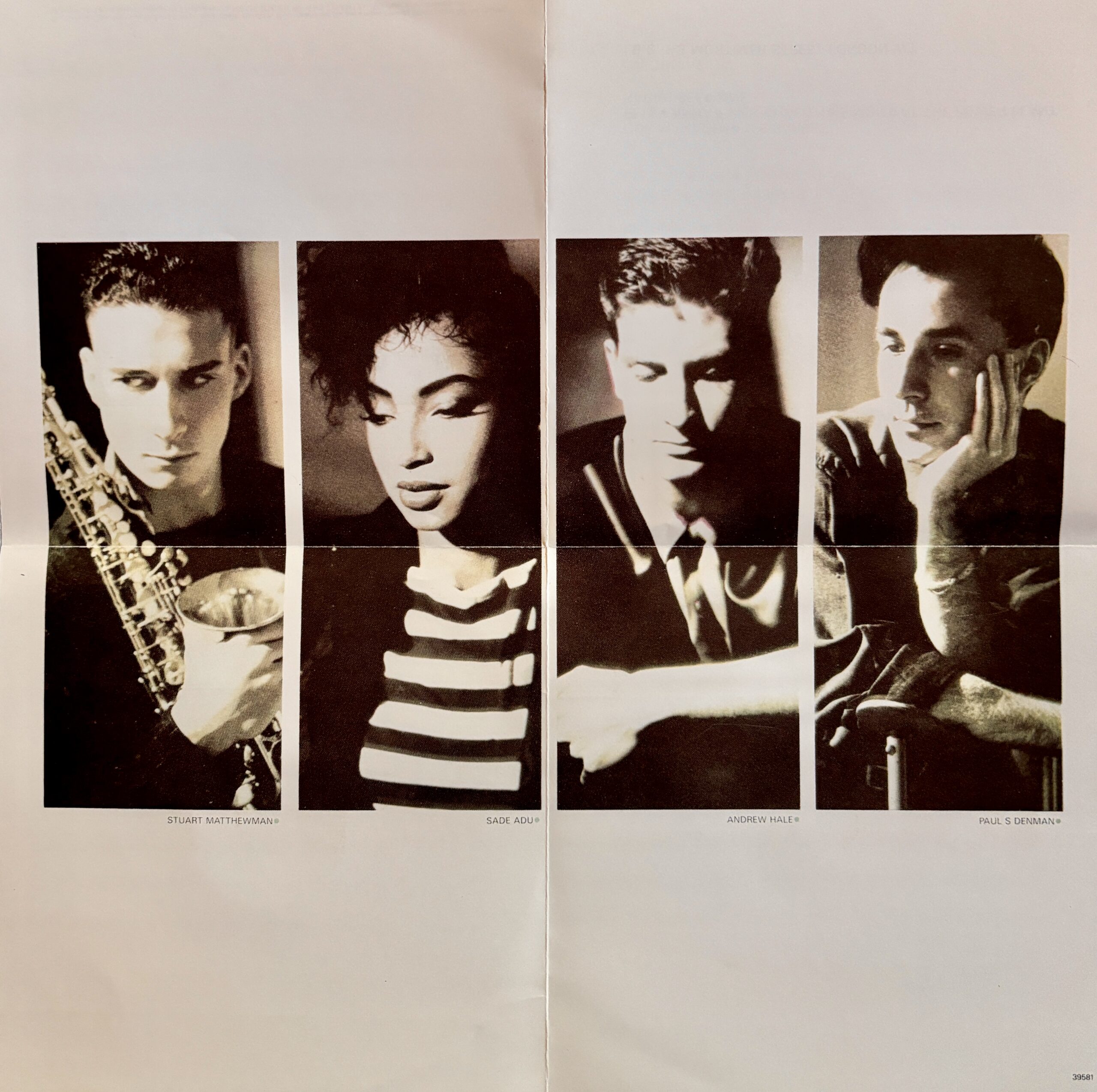
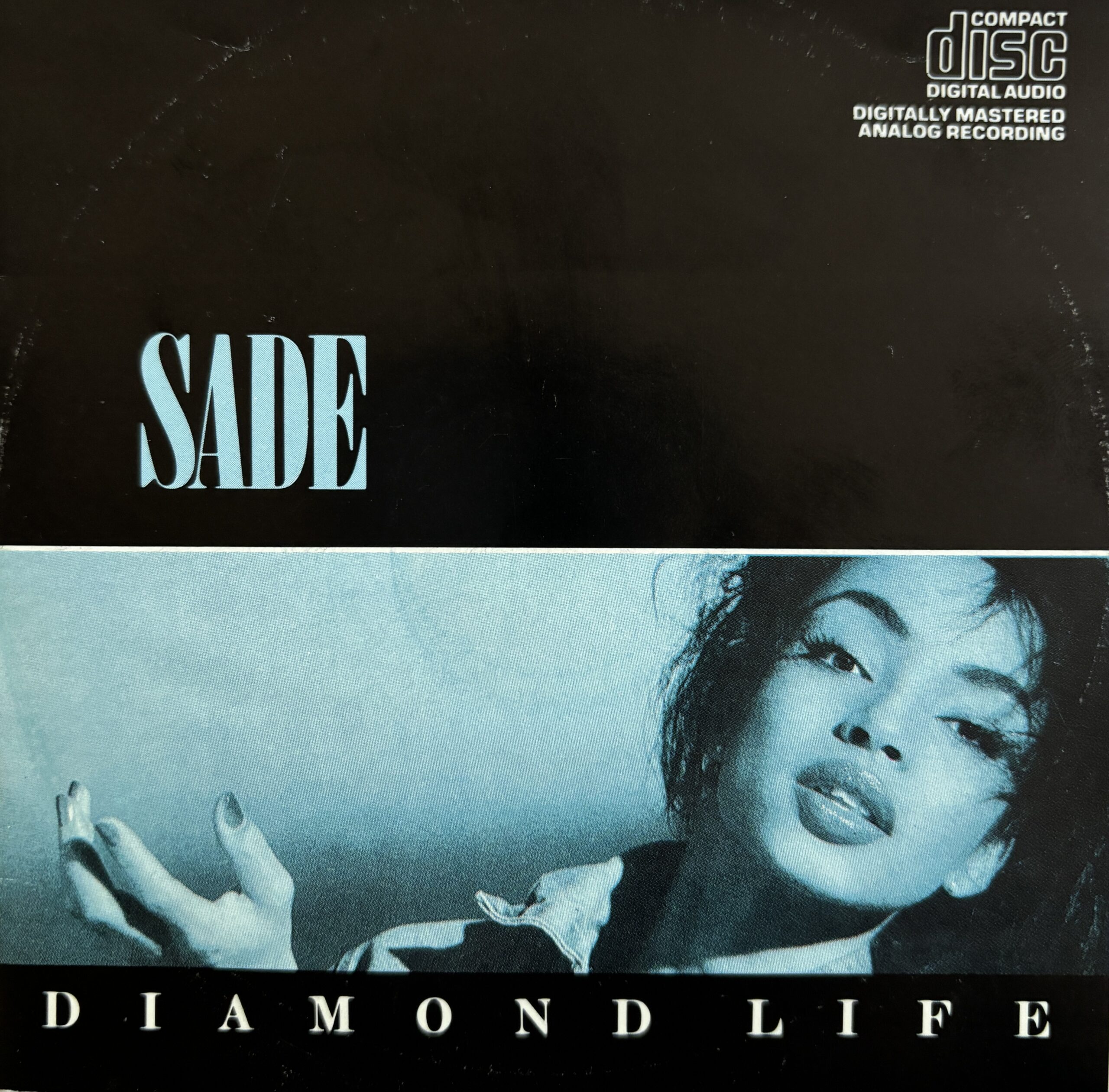
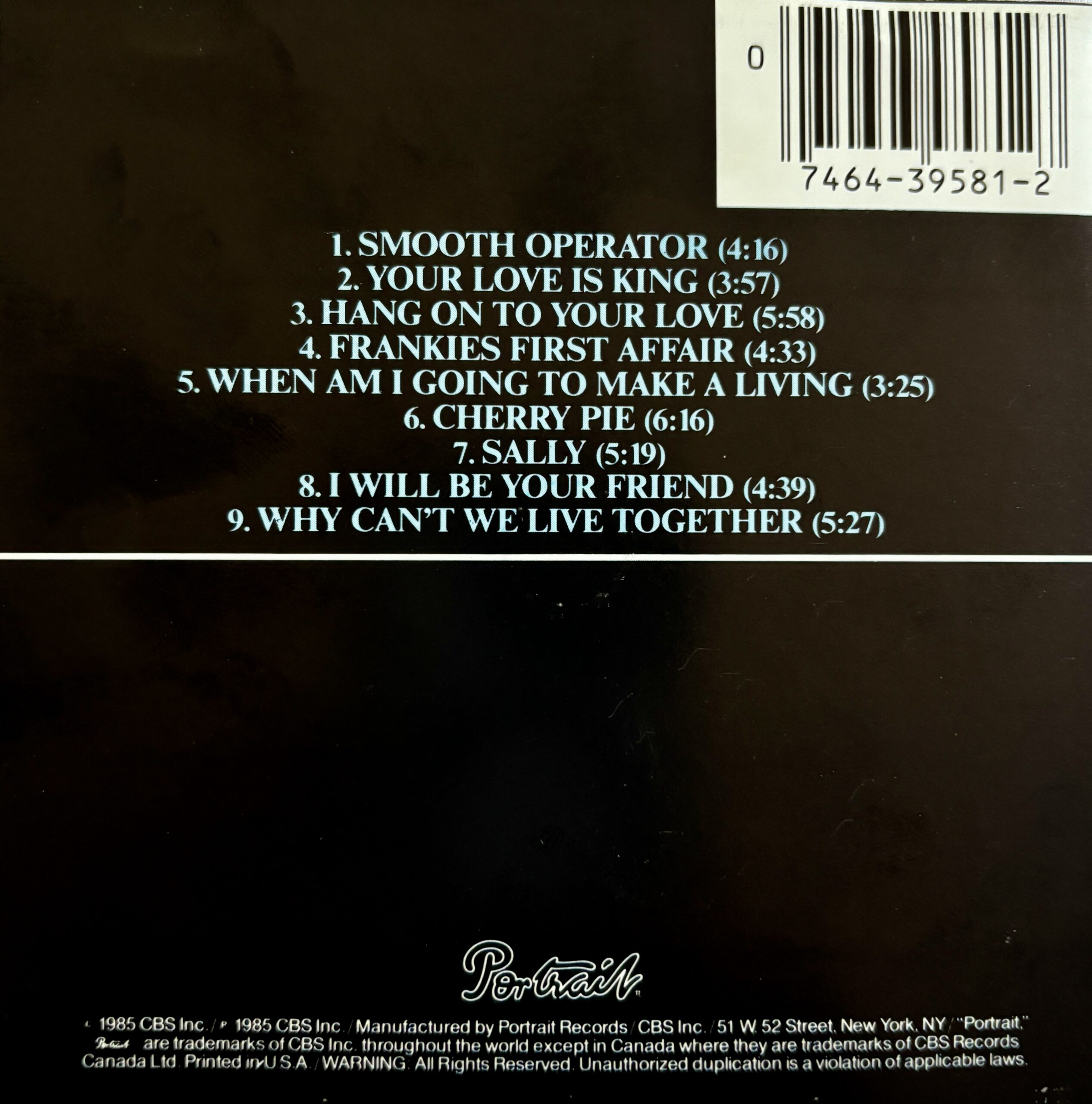
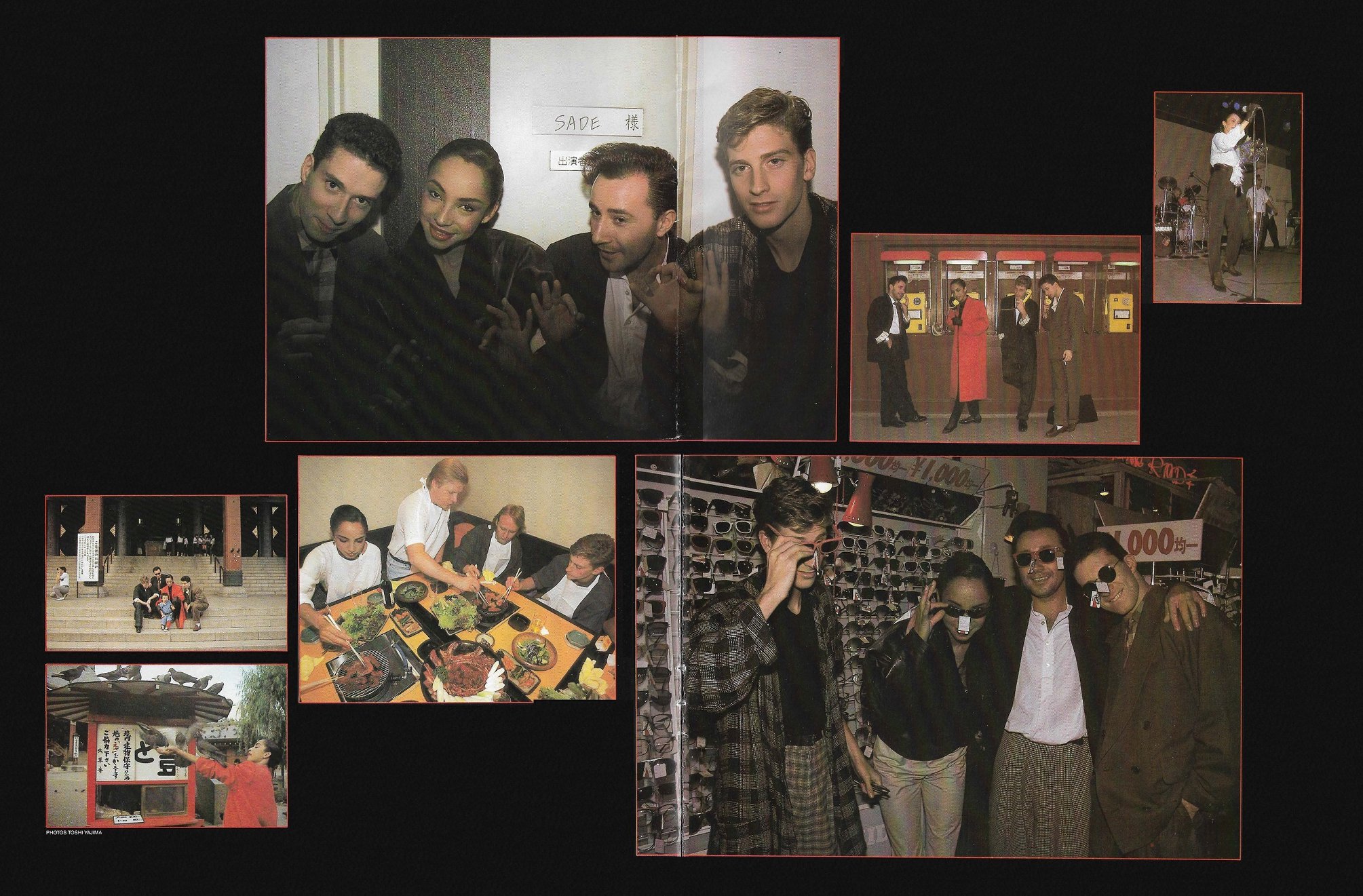
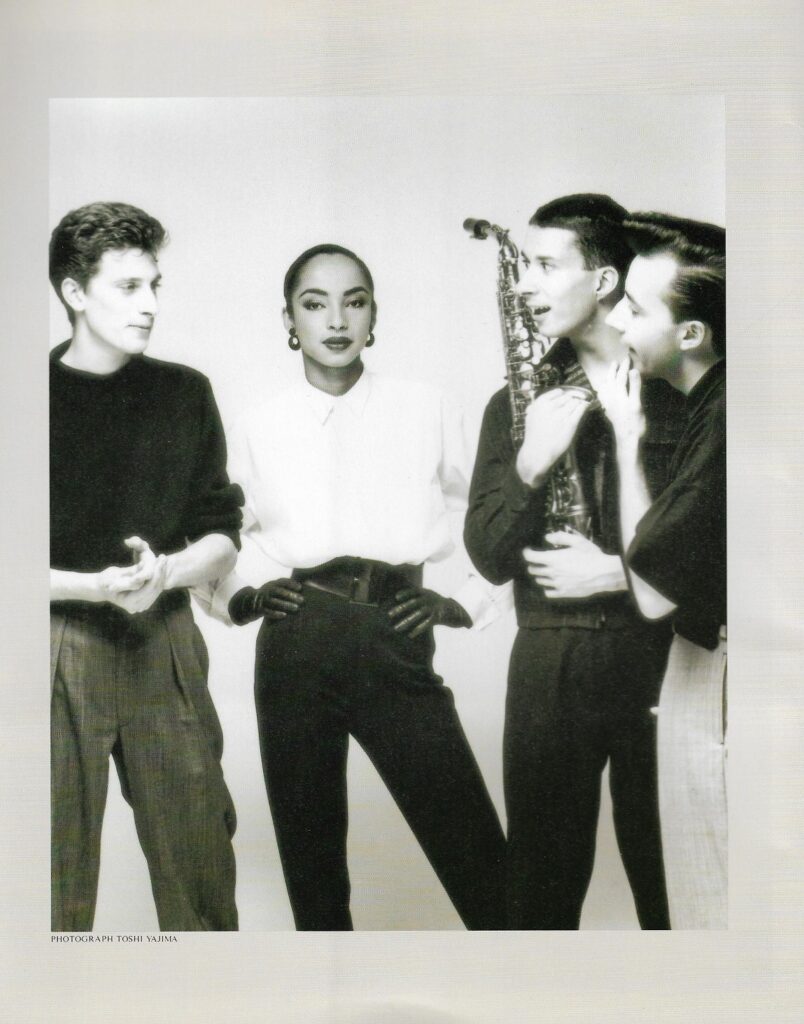




Comments